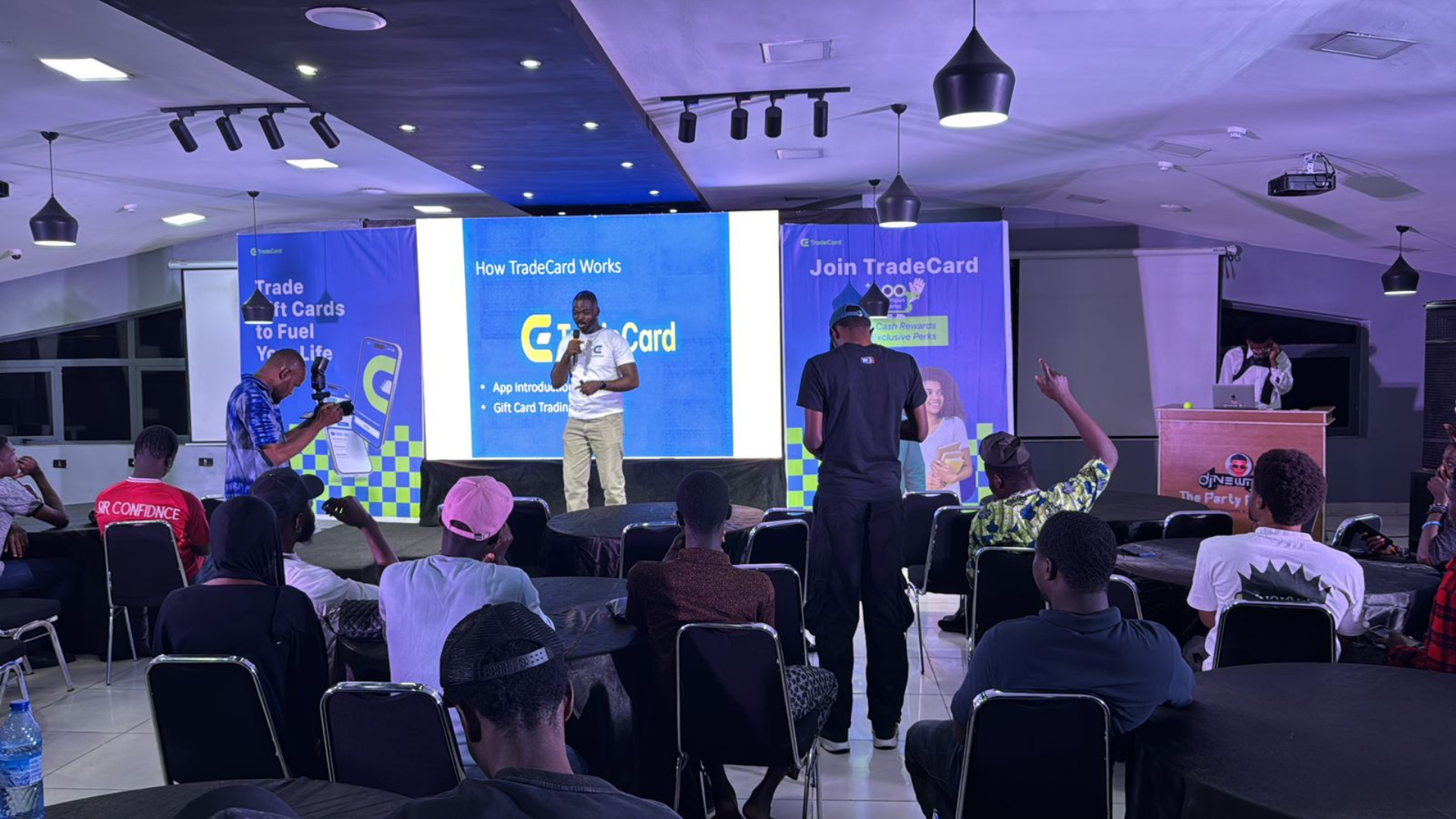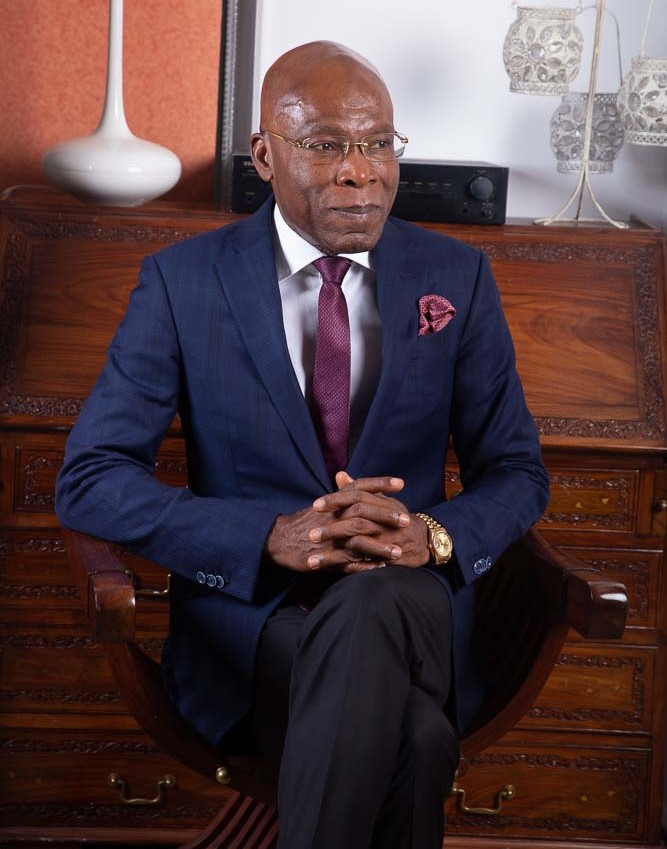For many young Nigerians, gift cards are familiar but not fully trusted. Over the years, the trading of gift cards has been tainted by fraud and negative publicity, leaving a perception problem that genuine players in the market must confront.
TradeCard, a trading platform, that recently launched in Lagos, Nigeria, says it wants to change this narrative by making gift card trading transparent, legal, and rewarding. At the same time, the company is using its entry into Nigeria to push corporate social responsibility (CSR) projects aimed at solving real community challenges.
Speaking with Atlas News, Clever Sunny, TradeCard’s representative in Nigeria, explained that the company is targeting students and young professionals who are already familiar with gift cards but lack safe platforms for trading.
“Many young people know about gift cards, but only a small group actually use them,” Chinozus said. “There’s been a lot of bad PR around them. In reality, a gift card is simply a legal means of receiving or sending funds. What we want to do is create awareness and give Nigerians a legitimate platform to trade without fear.”
He added that TradeCard’s focus on campuses is deliberate. “We want to meet young people where they are. On our platform, beyond trading, there are also earning programmes, ways students can connect with others, trade on their behalf, and make profits. It’s both a financial opportunity and a learning experience.”
But TradeCard’s ambition goes beyond the digital marketplace. According to Sunny, its launch in Nigeria is also about community impact, beginning with transportation, one of Lagos residents’ biggest pain points.
Through a partnership with the Harvester Africa Empowerment Foundation (HAEF), TradeCard is rolling out the “Routes of Hope” initiative, which will provide affordable bus services across high-need routes in Lagos. The first phase of the programme is a 12-week pilot featuring three co-branded buses, after which an expansion plan will be developed.
“The aim is to reduce commuting costs for low-income workers and vulnerable groups,” Sunny explained. “When families save on transport, they can redirect money to education, healthcare, and food. This is how a trading platform like ours can be both profitable and purposeful.”
The collaboration covers not only transport services but also awareness campaigns, shared reporting frameworks, and the possibility of future CSR projects in nutrition and entrepreneurship.
TradeCard says it will measure success by tracking the number of commuters served daily, the percentage drop in individual commuting costs, and rider engagement with educational campaigns. Transparency, the company added, will be ensured through jointly published reports.
Looking to the future, the representative stressed that Nigeria is not just a stopover market for TradeCard. “We’re not here to touch Nigeria and run away,” he said. “We’re here to stay. What we’re building now — both the trading platform and the CSR foundation is something we want to expand and replicate across Africa.”
For Sunny, the message to young Nigerians is simple: gift cards are not scams, and with TradeCard, they can be used confidently. He added that the bigger picture is that technology companies must give back. “This is just the beginning,” he said. “TradeCard will continue to look for ways to combine financial inclusion with social impact.”






